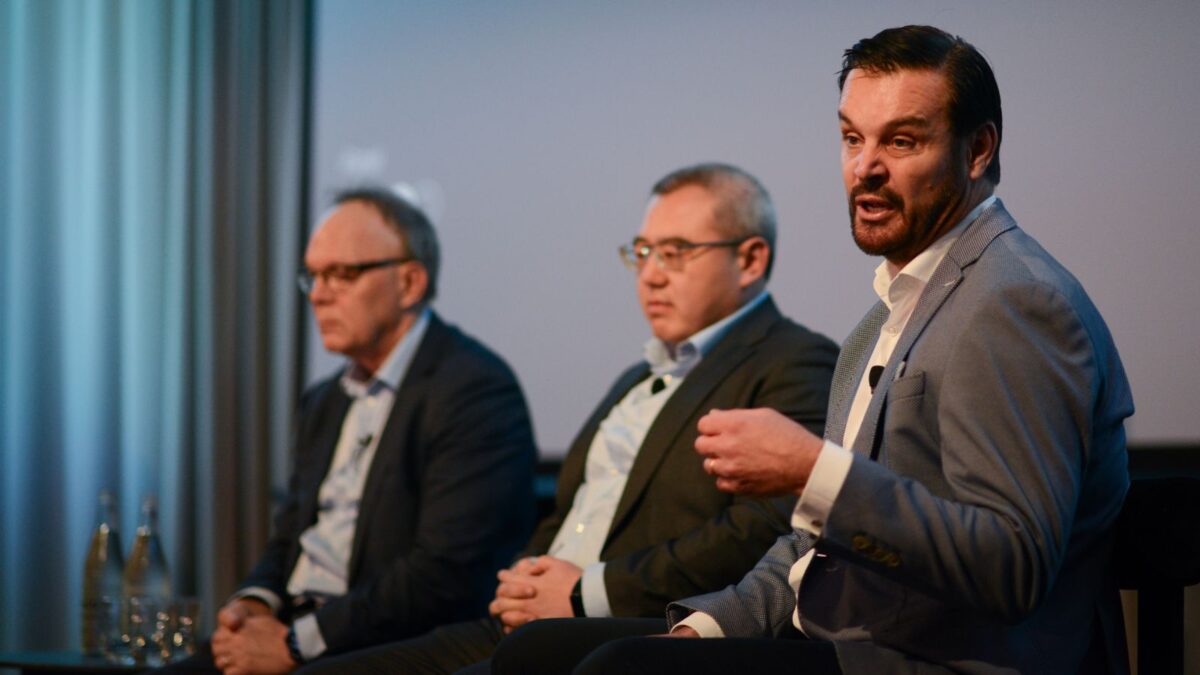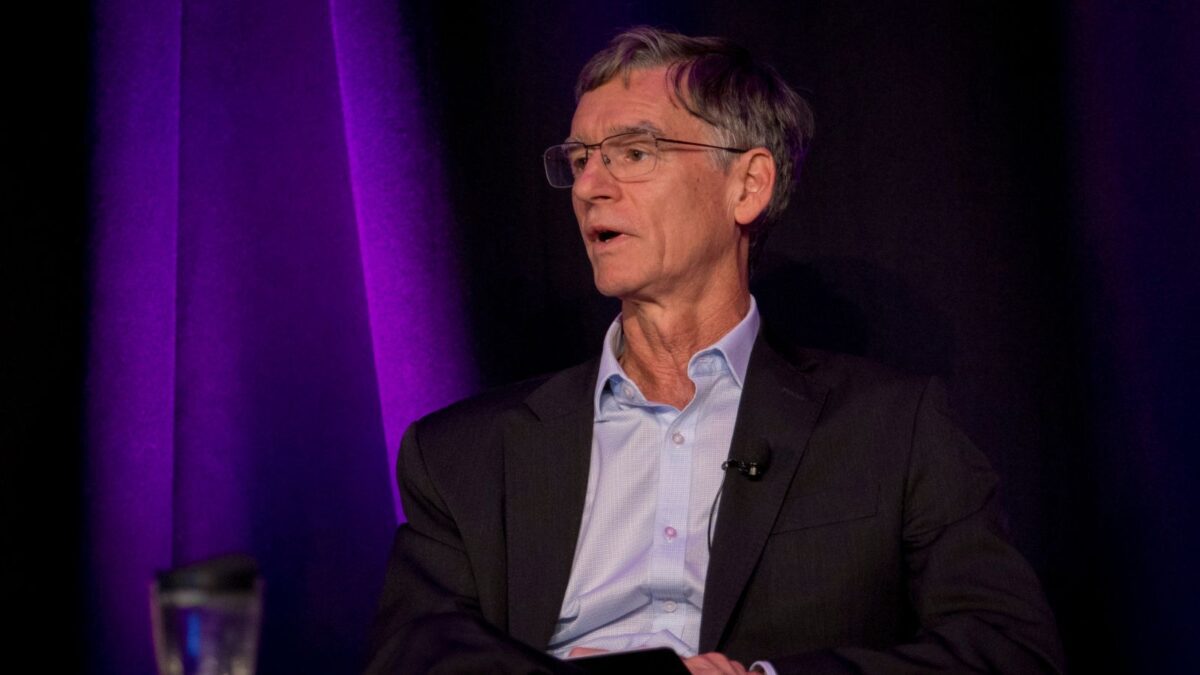Super industry becoming proxy for economy – Brogden
(Pictured: John Brogden)
by Penny Pryor
It should come as no surprise that outgoing chief executive of the Financial Services Council, John Brogden, believes that overturning the Future of Financial Advice (FoFA) reforms will do more harm than good. After all, some of his association’s members have been the most vocal critics of the political move.
What might come as a surprise, however, is his belief that the superannuation industry will become a proxy for the Australian economy as a whole in due course.
“I don’t think the industry itself had embraced the understanding of just how influential it was and how influential it was going to become,” he says of his thoughts when he first joined the organisation five years ago.
“In 10 years time the way large super funds invest and why they invest will be an indicator for the performance of the economy.”
Brogden leaves the organisation at the end of this year and joins the Australian Institute of Company Directors as chief executive in January next year.
Sally Loane, head of media and public affairs at Coca Cola Amatil, will become the organisation’s new chief.
Former leader of the NSW Liberal Opposition and then chief executive officer Manchester Unity, Brogden says he was quite surprised by the sheer size of the funds management industry when he joined the FSC.
“I was not prepared for the level of complexity and I did not realise how big the funds management industry was in Australia,” he says.
“I certainly hadn’t realised that it was world leading.”
One of the things he has enjoyed most is expanding the horizons of the FSC.
“We’ve gone from being a very technically focussed industry body to an organization that both represents its industry and also seeks to promote policies that are good for the Australian economy,” he said.
That has meant becoming involved in wider debates around tax policy, longevity and the issues of working longer, and he is optimistic that the incoming chair will take these discussions further.
Superannuation is only going to become more important in the wider political discourse.
“The policy environment is changing, with the government making it clear that they have real pressures on funding current and future expenditure across the board.
“That will flow onto the aged pension eventually and therefore the role of super in funding peoples retirement will surely grow.”
He acknowledges that the MySuper default fund system is working but does not like the “admission of failure” that the system implies.
“I’ve never been willing to put up the white flag.”
The bottom line is that society just can’t afford to be disengaged with their superannuation and industry, and government should try and improve engagement levels.
But as for what he will miss most, it will be the policy work.
“I particularly love the superannuation policy work. The Asian Region Passport – I loved working on that.”










